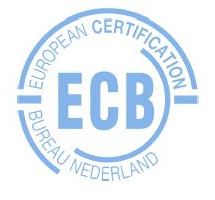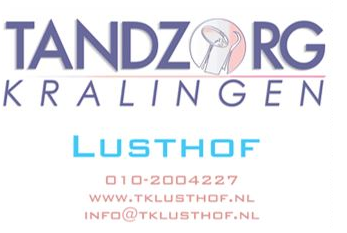To maintain good oral health, it is important to have your teeth checked regularly by a dentist. Tandzorg Kralingen recommends visiting your dentist every six months for a check-up.
During the check-up, the dentist will examine your entire mouth, including your tongue and mucous membranes, as well as your teeth and gums. In some cases, photographs of your teeth may be necessary in order to make a proper diagnosis. After the check-up, the dentist will discuss the next steps with you and, if necessary, arrange follow-up appointments.
A reliable dentist in Rotterdam
At Tandzorg Kralingen, all our dentists are registered with the Quality Register for Dentists (KRT). This demonstrates that our dentists are qualified and competent. To maintain their registration, our dentists must meet a number of standards. This means that our dentists:
- are qualified and have a valid BIG registration;
- Undertake further training and refresher courses to keep up to date with their profession;
- Work in accordance with practical guidelines;
- are open and approachable to colleagues and patients;
- speak fluent Dutch.

I have been visiting Kitty twice a year for many years now, and I am still very happy with her as my dentist. The reception staff are friendly.– Fennie Loman
Periodic inspection rates
Dental fees are set by the Dutch Healthcare Authority (NZa). In many cases, a regular check-up involves several treatments. For instance, X-rays may need to be taken, fluoride treatment may be required, tartar may need to be removed and the teeth may need to be cleaned.
Are periodic check-ups reimbursed?
The reimbursement you receive for dental treatment depends on the terms of your health insurance policy. For insured persons under the age of 18, basic insurance covers a range of dental treatments, including regular check-ups. For insured persons over the age of 18, reimbursement depends on the specific terms of their health insurance policy. Therefore, we always advise you to check with your health insurer which treatments are covered in your case.
Have your teeth checked preventively
Regular check-ups with your dentist or dental hygienist are important for preventing dental problems. This enables us to identify any issues with your teeth or mouth early on and address them promptly.
The dentist will carry out a dental check-up. They will draw up a treatment plan with you and, if necessary, refer you to a specialist, such as an oral surgeon or orthodontist.
Also check-ups when you have no complaints
Tandzorg Kralingen recommends regular dental check-ups, even if you are not experiencing any problems. Many dental diseases develop without causing any immediate discomfort.
Contact
Tandzorg Kralingen
Voorschoterlaan 31a
3062 KG Rotterdam
Opening hours
Monday:08.15 – 17.00
Tuesday:08.15 – 17.00
Wednesday:08.15 – 17.00
Thursday:08.15 – 17.00
Friday:08.15 – 17.00
Saturday:By appointment
Sunday:Closed
Frequently asked questions about periodic inspections
We often receive questions from patients about periodic check-ups. We have compiled and answered the most frequently asked questions below.
When should I have a check-up?
It is wise to visit the dentist twice a year for a regular check-up. This enables the dentist to monitor your teeth closely and address any issues promptly. If you are experiencing pain in a molar, for example, you should also make an appointment so that the dentist can examine it.
How long does a routine dental check-up take?
A check-up usually takes around 10 minutes. During this time, the dentist will examine your teeth and gums for any problems.
What would happen if the dentist discovered any dental problems during the check-up?
The dentist may decide to monitor the problem. If further treatment is necessary, they will draw up a plan with you. You may also be referred to a specialist.
Make an appointment for a periodic check-up
Would you like to make an appointment for a regular dental check-up? Tandzorg Kralingen in Rotterdam is accepting new patients. Please contact us using the contact form below or call: 010 414 2248.
Error: Contact form not found.




